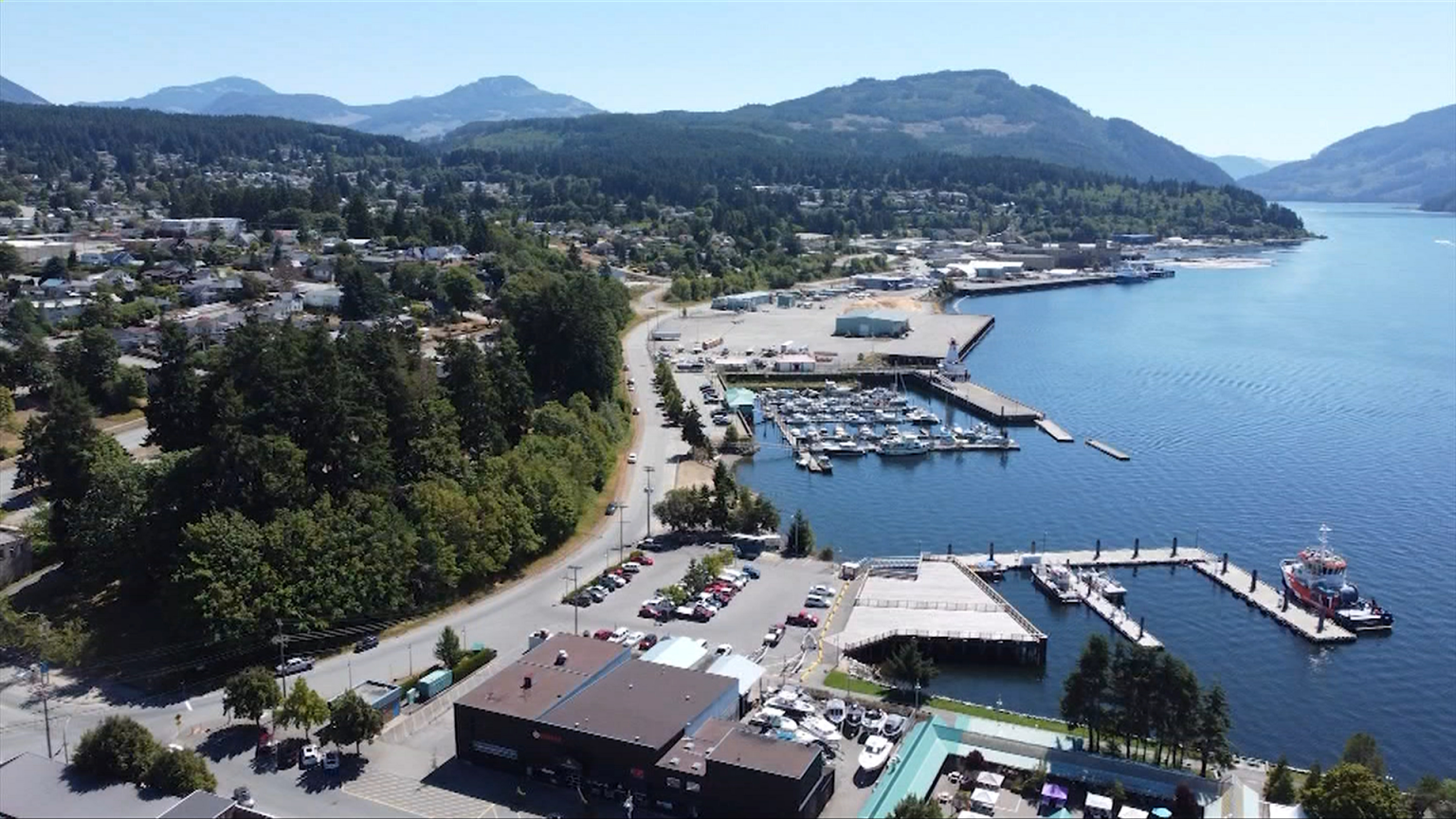Port Alberni Emerging as Potential Hub for Ship Recycling in British Columbia

On Canada’s rugged west coast, a new debate is gathering momentum over how to handle the growing number of ageing vessels that pose both an environmental and economic challenge. For years, ship recycling has been limited in Canada, with only two operations located on the country’s east coast. But that could soon change, as Port Alberni is being eyed as the site of a new facility that would bring ship recycling to British Columbia for the first time.
The proposal comes against a backdrop of mounting concerns about abandoned and derelict vessels littering coastal waters. According to Courtenay-Alberni Member of Parliament Gord Johns, there are an estimated 900 vessels on the coast that need to be recycled. Of those, 90 weigh more than 500 tons, including 14 vessels owned by BC Ferries. For Johns, the situation highlights the urgency of finding a safe, regulated, and sustainable way to dismantle ships before they can inflict more damage on sensitive marine ecosystems.
“These vessels are an imminent threat to the environment,” Johns warned. “We have to find solutions to deal with them, and ship recycling done properly is a critical part of that solution.”
Until recently, ship breaking on the west coast has largely revolved around a single operation in Union Bay, run by Deep Water Recovery. But that effort has come under intense scrutiny. Residents and environmental advocates accused the company of polluting Baynes Sound, one of the most productive shellfish harvesting areas in British Columbia. The provincial government ultimately intervened, revoking the company’s Crown land lease and halting its access to upland areas needed for dismantling ships.
In its decision earlier this summer, the Ministry of Water, Lands and Resource Stewardship delivered a strong rebuke of Deep Water Recovery’s practices. “Deep Water Recovery (DWR) has not demonstrated the level of regulatory compliance, operational responsibility, or environmental stewardship required to justify entrusting them with the use of Crown land to enable management and dismantling of end-of-life vessels,” the ministry said.
The fallout from Union Bay has created a turning point for the industry. Instead of dampening momentum for ship recycling, it has shone a spotlight on the need for stricter oversight and better standards. For many local leaders, the controversy has become a cautionary tale of what happens when recycling operations are allowed to proceed without adequate social license or community trust.
“Well, certainly when we look at ship recycling here on the coast, we know what it looks like when a company doesn’t achieve social license, like we saw in Union Bay,” said Johns.
Mid Island-Pacific Rim MLA Josie Osborne echoed that sentiment, emphasising that the situation underscored the need for a strong regulatory framework if the industry is to grow responsibly in British Columbia. “What’s happened in Union Bay has really put a magnifying glass on the industry of ship recycling and had all of us standing up, paying close attention,” she said. “We need a strong regulatory environment, and we need this type of industry on our coast. We have a responsibility to be accountable for the ships that we use here.”
Against this backdrop, Port Alberni has emerged as a frontrunner for a West Coast recycling hub. The city, situated deep within a sheltered inlet on Vancouver Island, has long been looking for ways to diversify its economy. Historically reliant on forestry and fishing, Port Alberni has endured decades of boom-and-bust cycles that have left many residents eager for new industries and investment. A ship recycling facility, advocates say, could provide stable jobs while also tackling one of the coast’s most pressing environmental challenges.
The idea is still in its early stages, and no formal project has yet been announced. But discussions are underway, and the city’s geography makes it an attractive candidate. Its deep-water port, existing industrial lands, and skilled workforce offer many of the ingredients necessary for such an operation. Just as importantly, proponents argue, lessons from Union Bay mean any future facility would need to be held to high environmental and safety standards from the outset.
For the federal and provincial governments, the question of how to handle the looming wave of ageing ships is not a matter of if but when. Climate change, shifting trade patterns, and stricter international regulations are all accelerating the pace at which vessels are being retired. Without proper recycling infrastructure, abandoned ships can leach toxins, sink, or break apart, creating hazards for navigation, fisheries, and coastal communities.
Globally, ship recycling has often been associated with troubling practices in places like South Asia, where vessels are dismantled on open beaches with little regard for worker safety or the environment. Advocates in Canada see an opportunity to chart a different course—one that prioritises sustainability, community trust, and regulatory accountability.
For Port Alberni, the chance to host a recycling facility represents both an opportunity and a test. Residents and leaders alike are aware that they must balance the promise of economic renewal with the risks of environmental harm. Still, many see the moment as ripe for action. The need to deal with hundreds of ageing vessels along the coast is undeniable, and the failures of the past could provide a blueprint for doing things better in the future.
The path forward will depend on careful planning, strong oversight, and a willingness to engage communities every step of the way. If those conditions can be met, Port Alberni could soon find itself at the centre of a new chapter in Canada’s maritime story—one that not only addresses a looming environmental challenge but also lays the foundation for a more sustainable coastal economy.
For now, the city waits as the conversation unfolds, but the message from its leaders is clear: British Columbia needs ship recycling, and Port Alberni just might be the place to make it happen.
Author: shipping inbox
shipping and maritime related web portal









